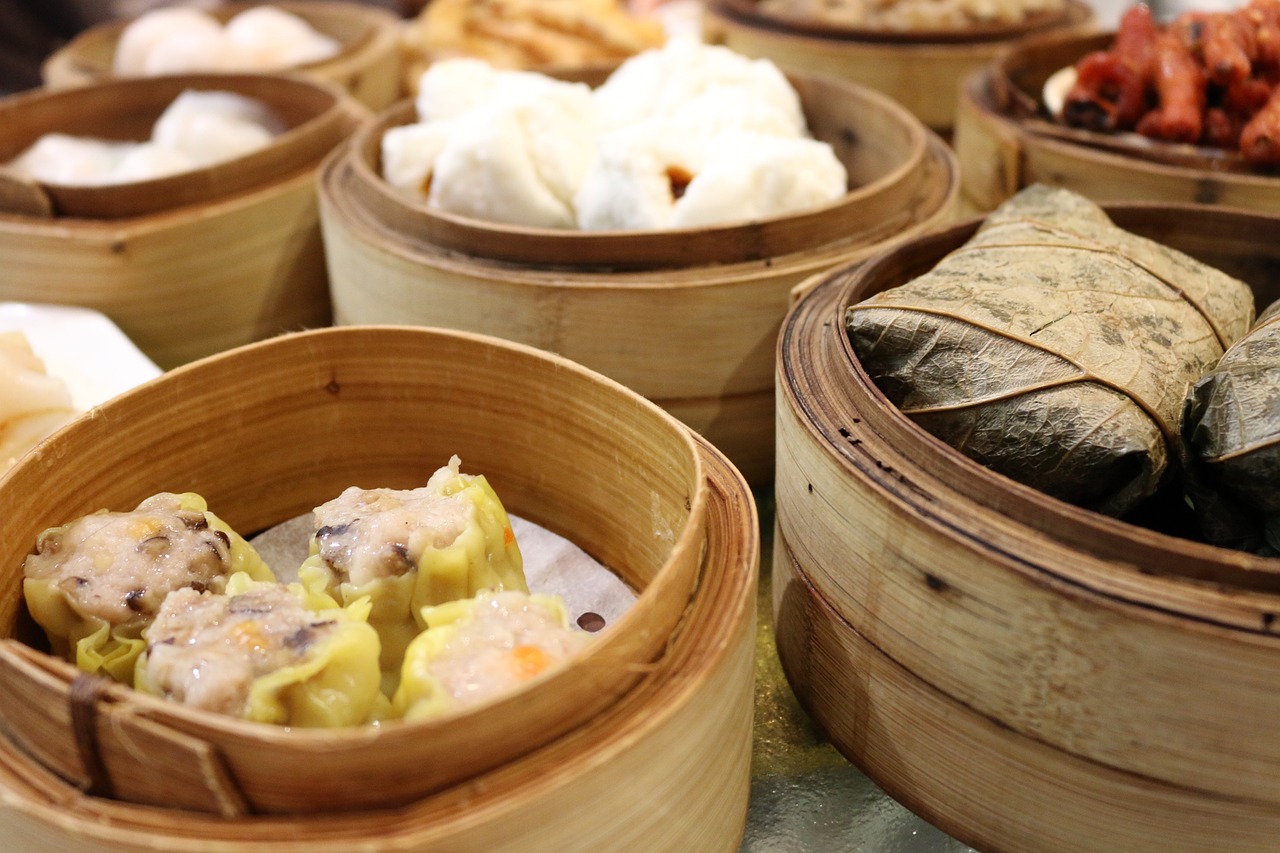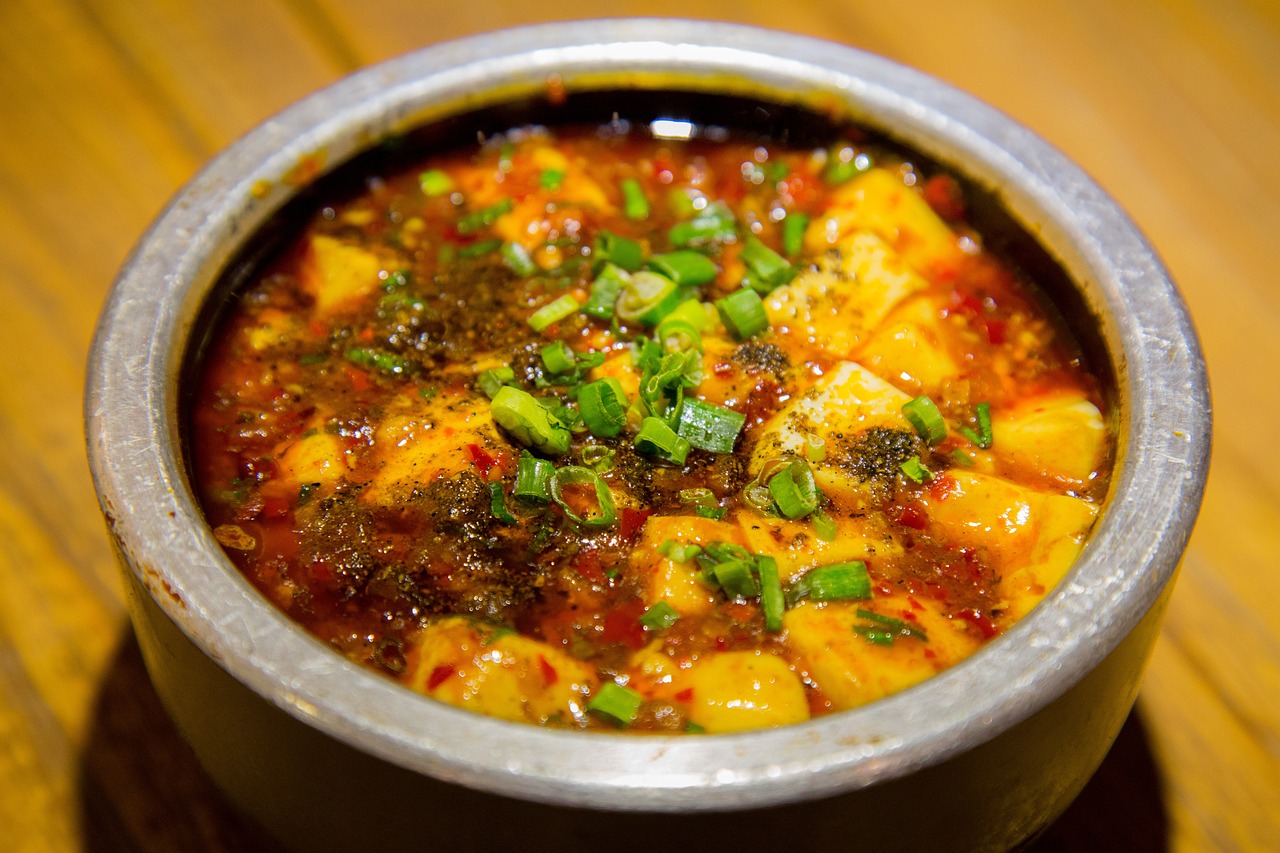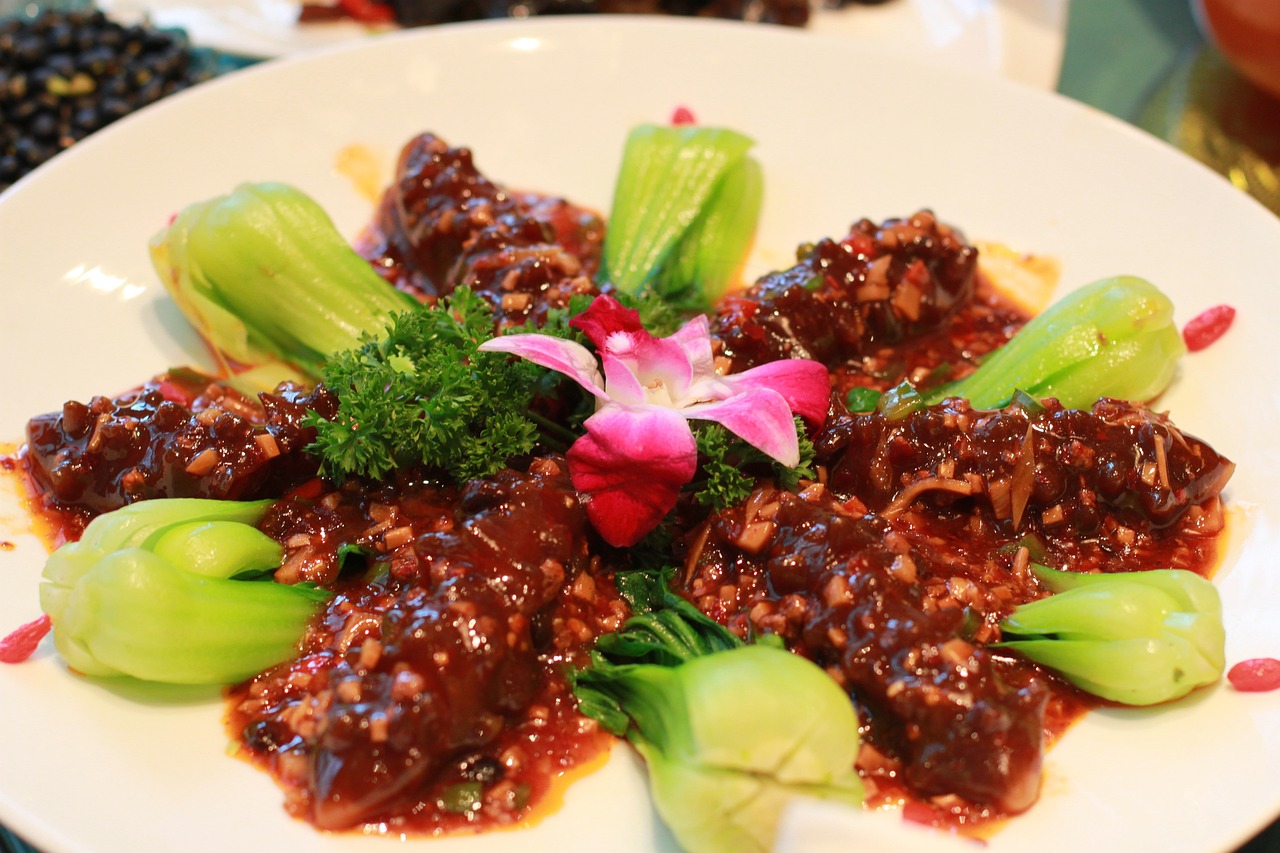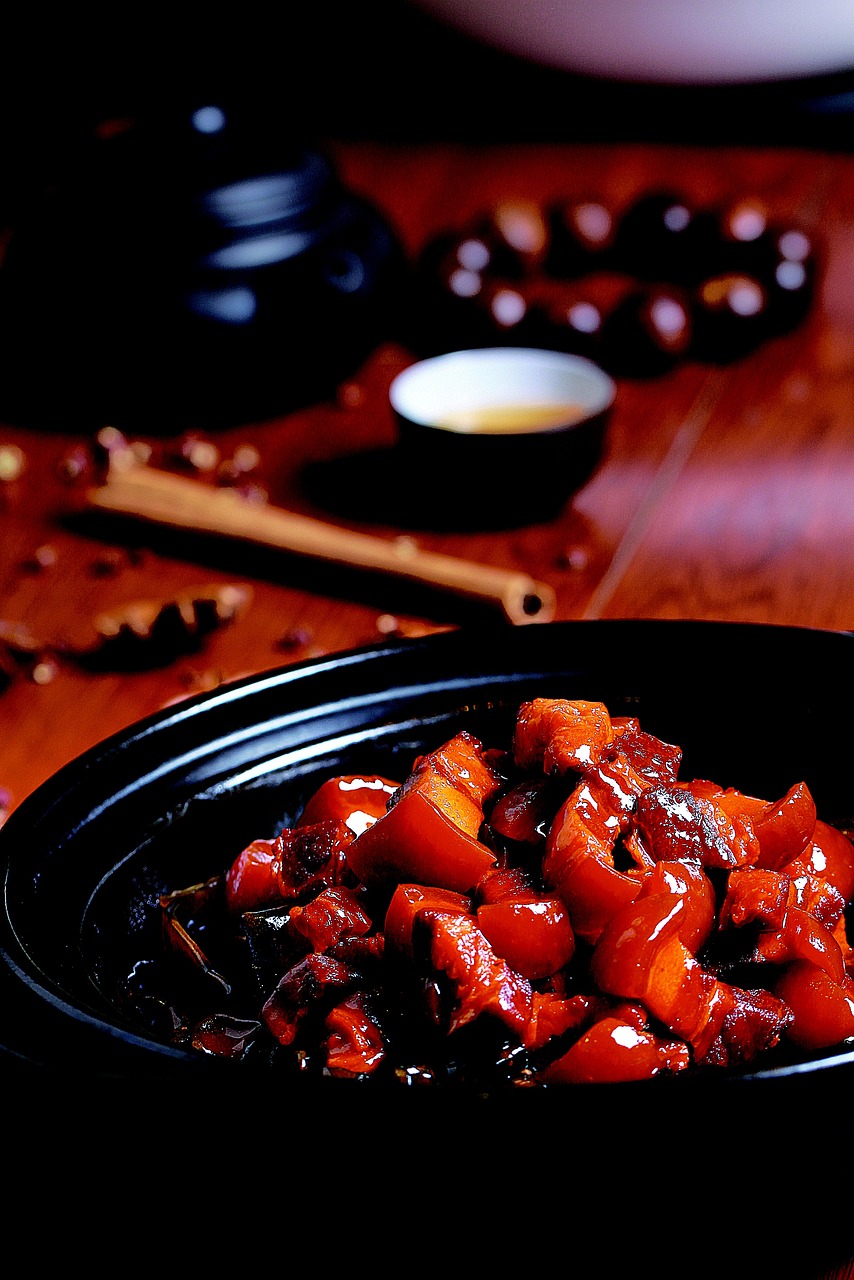China's 8 Major Cuisines
A flavorful journey through China’s diverse culinary landscape.
The Magnificent Eight: China’s Culinary Cornerstones
China welcomes food enthusiasts and cultural explorers warmly! Prepare your taste buds for an extraordinary journey through China’s rich and diverse culinary landscape. From China’s vast territory and long history, eight distinct regional cuisines have emerged, each with its own unique flavors, ingredients, and cooking techniques, known collectively as the “Eight Great Traditions” or “八大菜系” (bā dà cài xì) in Chinese.
A Taste of History
The concept of the Eight Great Traditions was established in the 1980s to showcase the diversity of Chinese cuisine. For each tradition, it represents the culinary style of a specific region, shaped by local climate, geography, history, and cultural practices. These cuisines have evolved over thousands of years.
💡 Culinary Trivia: The division of Chinese cuisine into eight major traditions is a modern concept. Historically, Chinese gastronomes recognized four major cuisines, later expanded to eight to better represent the country’s culinary diversity.
The Eight Great Culinary Traditions
1. Cantonese Cuisine 粤菜
Known for its light, fresh flavors and emphasis on the natural taste of ingredients.
Famous Dishes:
Dim Sum

Dim Sum. White Cut Chicken
Roasted Goose
Where to Go: Guangzhou , Hong Kong
2. Sichuan Cuisine 川菜
Renowned for its bold flavors, particularly the numbing-spicy “mala” taste.
Famous Dishes:
Mapo Tofu

Mapo Tofu. Kung Pao Chicken
Twice-Cooked Pork
Where to Go: Chengdu , Chongqing
3. Shandong Cuisine 鲁菜
Emphasizes fresh ingredients and seafood, with a focus on clear soups and broths.
Famous Dishes:
Braised Sea Cucumber

Braised Sea Cucumber. Sweet and Sour Carp
Braised Intestines in Brown Sauce
4. Jiangsu Cuisine 苏菜
Known for its elegant presentation and use of seasonal ingredients.
Famous Dishes:
- Yangzhou Fried Rice
- Lion’s Head Meatballs
- Squirrel-Shaped Mandarin Fish
Where to Go: Nanjing , Suzhou
5. Zhejiang Cuisine 浙菜
Emphasizes light, fresh flavors and mellow fragrance.
Famous Dishes:
- West Lake Vinegar Fish
- Dongpo Pork
- Longjing Shrimp
Where to Go: Hangzhou
6. Fujian Cuisine 闽菜
Known for its use of unique ingredients from both land and sea, with an emphasis on soups.
Famous Dishes:
- Buddha Jumps Over the Wall (Fo Tiao Qiang)
- Oyster Omelet
Where to Go: Fuzhou, Xiamen
7. Hunan Cuisine 湘菜
Famous for its spicy flavors, liberal use of chili peppers, and smoked and cured foods.
Famous Dishes:
Dong’an Chicken
Mao’s Braised Pork

Mao’s Braised Pork. Steamed Fish Head with Diced Hot Red Peppers
Where to Go: Changsha
8. Anhui Cuisine 徽菜
Known for its use of wild herbs and simple cooking methods.
Famous Dishes:
- Stewed Soft-Shell Turtle with Ham
- Braised Mandarin Fish in Sweet and Sour Sauce
- Bamboo Shoots Cooked with Sausage and Dried Mushroom
Where to Go: Hefei
📝 Final Tips for Culinary Explorers
- Learn Key Phrases: “Hǎo chī” (好吃) means “delicious.”
- Seasonality Matters: Many Chinese dishes are closely tied to seasonal ingredients. Research what’s in season during your visit.
- Dietary Restrictions: If you have dietary restrictions, learn how to communicate them in Chinese. Vegetarianism is less common in some regions, so be specific about your needs.
- Regional Specialties: Each region often has specific ingredients they’re famous for. Don’t miss out on trying these local specialties.